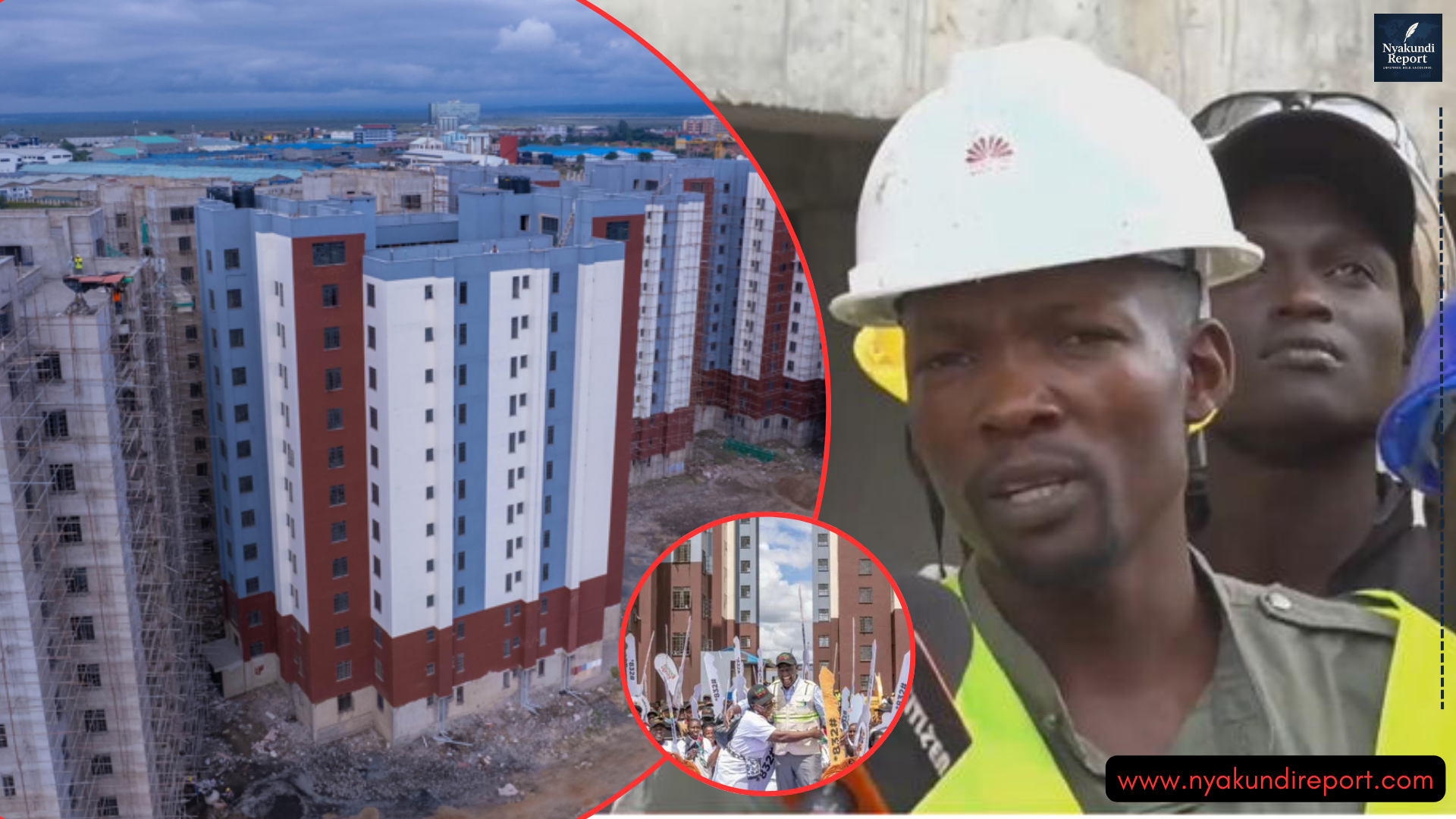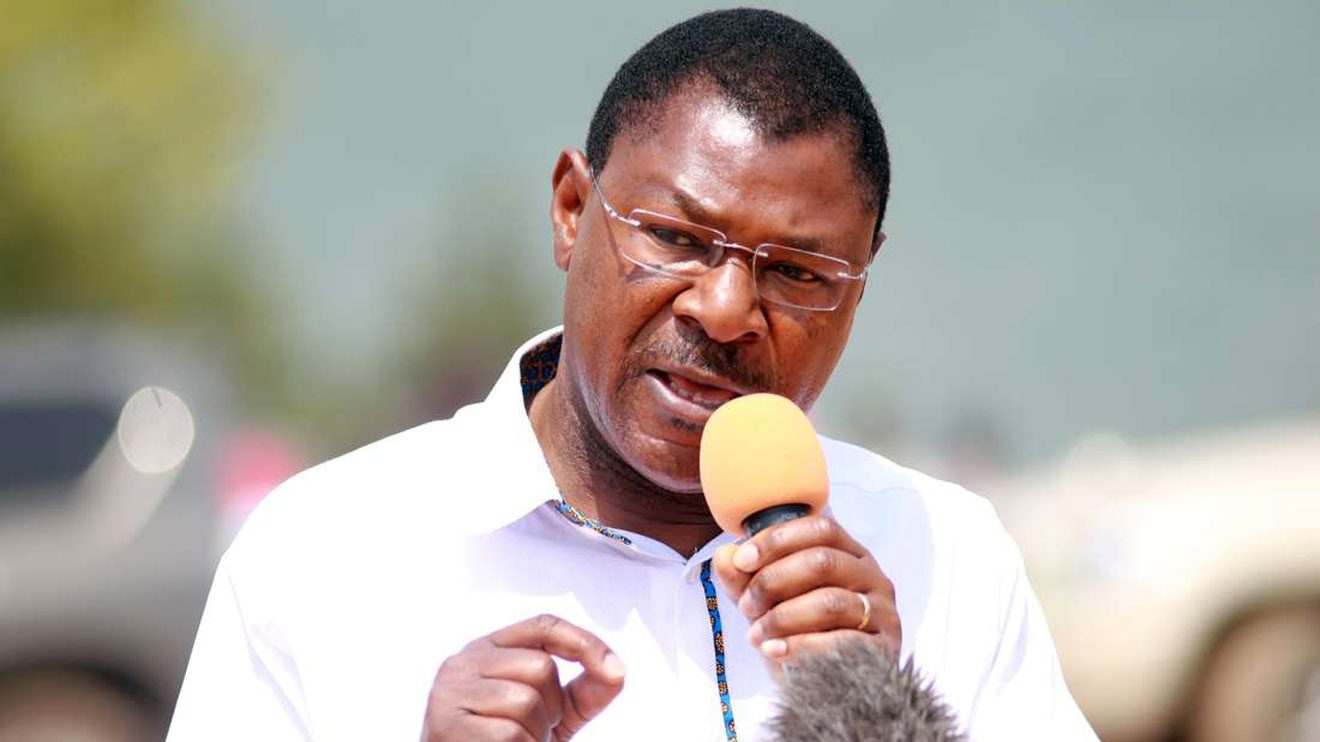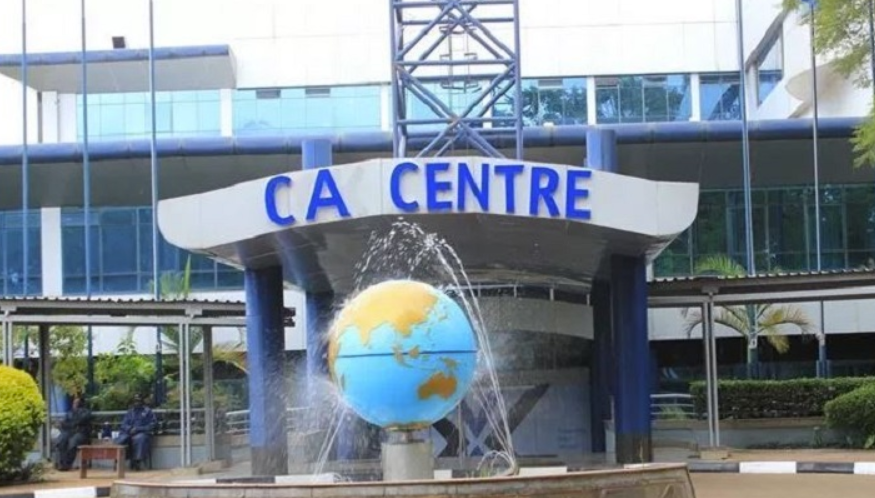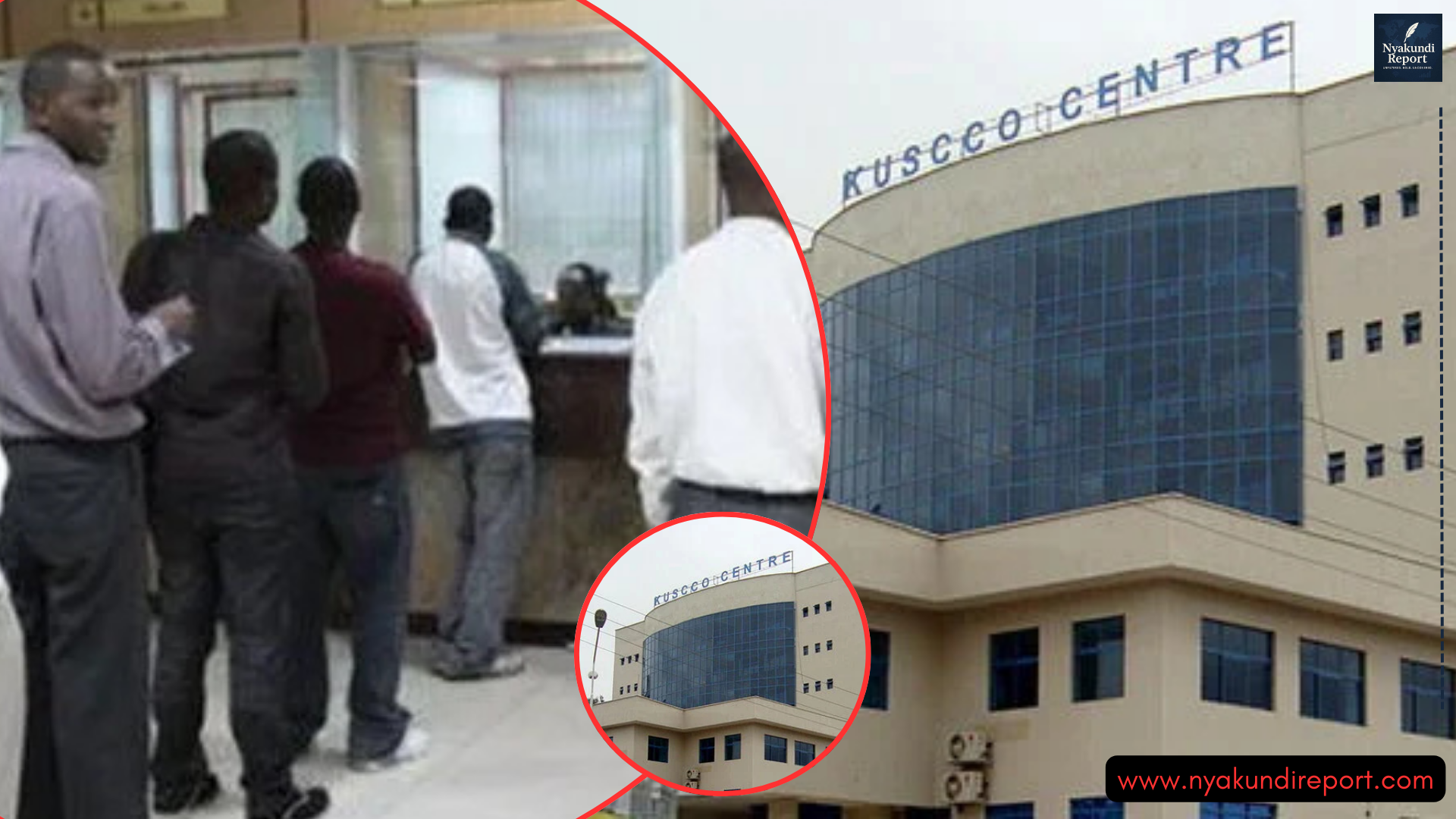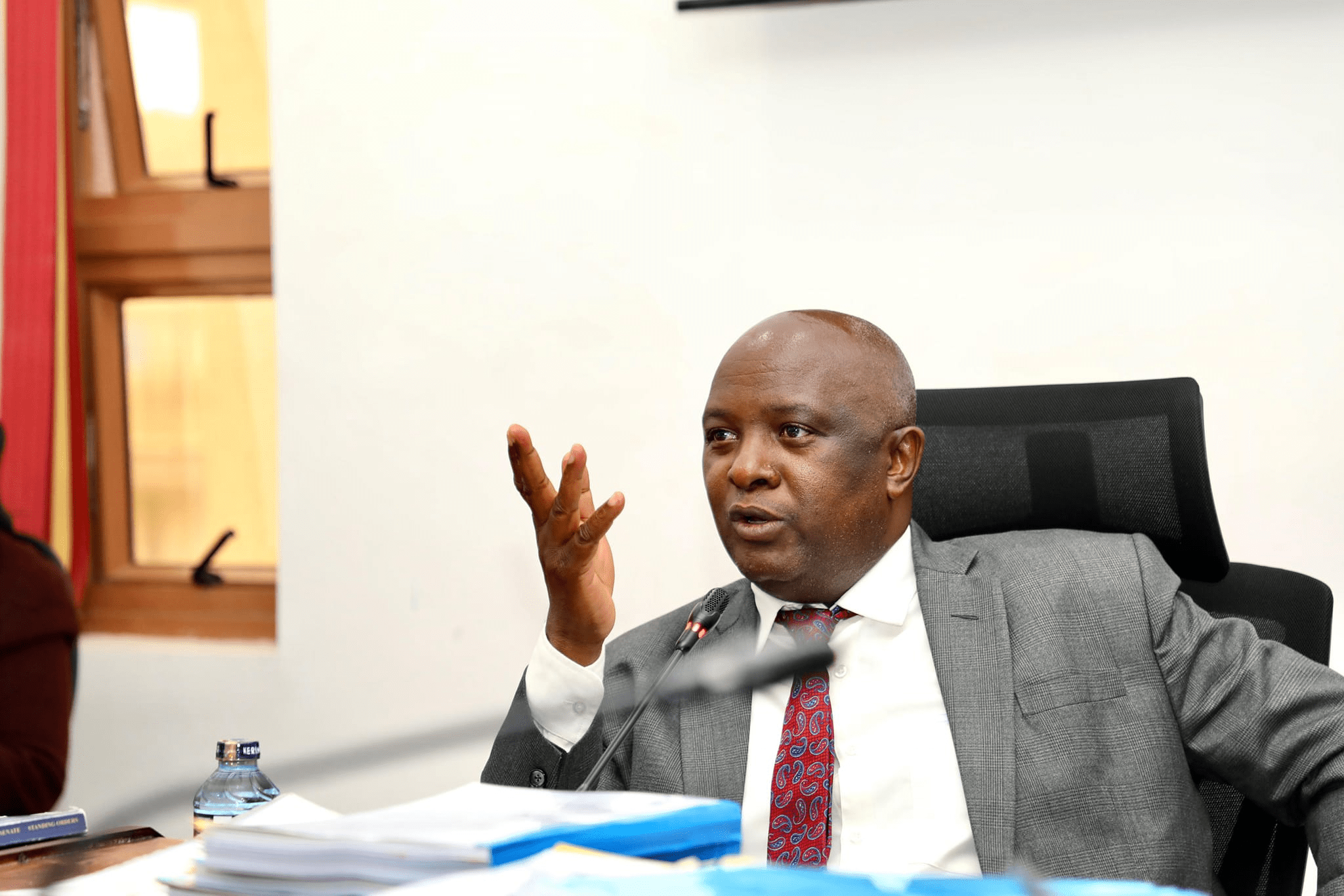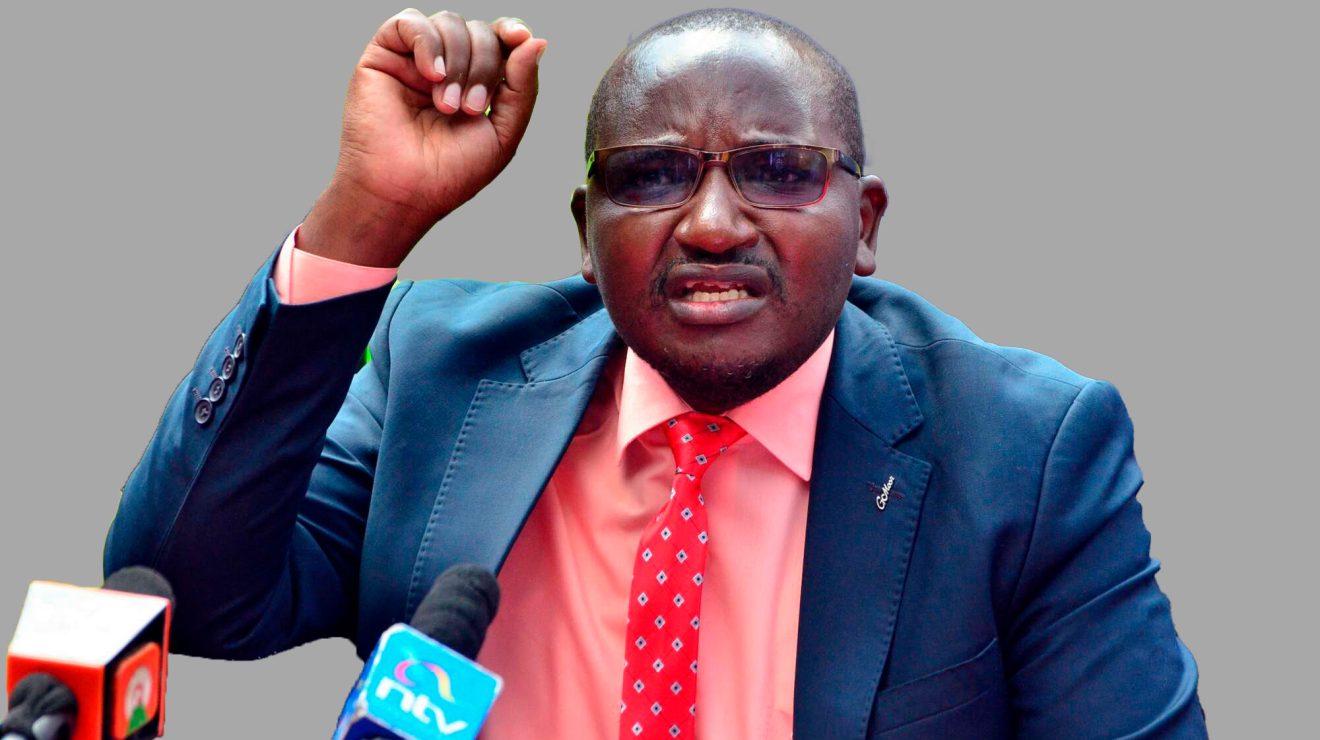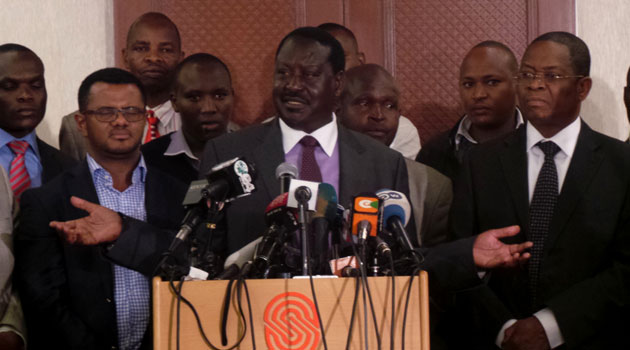Nairobi Governor Johnson Sakaja is staring at possible impeachment after Members of the County Assembly (MCAs) launched a bold plan to remove him from office. By Sunday evening, 70 MCAs had already signed in support of the move, edging closer to the required 82 signatures out of the 123-member house.
The push follows a stormy meeting on August 26, 2025, where over 90 MCAs voiced anger over his leadership. For the first time, both UDA and ODM legislators have united to demand his removal.

Sakaja Impeachment Process Intensifies in Nairobi
The impeachment drive against Sakaja has become the most serious challenge of his political career. Discontent has been building for months, but last week’s Kamkunji meeting signaled that the patience of many MCAs had finally run out.
Speaker Ken Ngondi chaired the closed-door meeting on August 26, where more than 90 MCAs expressed frustration with the governor. According to insiders, the discussions were heated, and by the end, the legislators resolved to initiate impeachment proceedings.
The governor now finds himself in unfamiliar territory, with even his party allies openly questioning his leadership. This rare unity between UDA and ODM MCAs highlights the gravity of the situation. The push is no longer about party rivalry—it is about governance and accountability at City Hall.
South B MCA Chege Waithera confirmed the Assembly’s decision, saying Sakaja had failed Nairobians. She pointed to stalled bursaries and the Ward Development Fund as examples of broken promises. “Sakaja has failed to deliver on the promises he made in 2022. We can no longer wait as residents continue to suffer,” Waithera declared.
Kileleshwa MCA Robert Alai also confirmed that the signatures were piling up fast. By Sunday, August 31, 70 signatures had already been secured. The Assembly requires at least 82 before a motion can be tabled.
Why MCAs are Pushing for Sakaja Impeachment
The grievances fueling the impeachment attempt are wide-ranging. MCAs accuse Sakaja of betraying campaign pledges that gave him victory in 2022. They cite his administration’s failure to release bursaries on time, leaving needy students stranded, and the indefinite halt of the Ward Development Fund, which they argue is a direct attack on the priorities of local wards.
Legislators say these failures have created deep mistrust between the governor and the Assembly. For them, the issue is no longer about politics—it is about governance. Waithera stressed that the mood within the Assembly is shifting, with many legislators convinced that Sakaja has lost touch with both residents and leaders.
In their view, the governor is isolated and unwilling to listen to the needs of Nairobians. This has left many wards without proper funding for development projects, creating resentment at the grassroots level.
What Happens If Sakaja Faces a Senate Trial
The impeachment process is clearly defined in law. After gathering 82 signatures, an MCA must table a formal notice of motion in the Assembly. At least one-third of all members must support the notice before it can proceed to debate.
If the motion is admitted, the Assembly debates the charges and votes on Sakaja’s fate. Two-thirds of MCAs must support removal for the motion to pass. If that happens, Speaker Ken Ngondi will forward the decision to the Senate within two days.
The Senate will then either form a special committee or debate the matter in full. Sakaja will be allowed to defend himself before senators vote. If a majority back his removal, he will be forced out of office. If the Senate rejects the case, Sakaja will remain governor and cannot face another impeachment on the same grounds for three months.
This process mirrors what recently happened to Kericho Governor Eric Mutai, who narrowly survived impeachment after the Senate cleared him by a 26-16 vote. Sakaja will likely follow the same path—hoping that Senate allies can save him even if the Assembly votes him out.
But for many Nairobi residents, the showdown will determine whether their governor can weather mounting pressure or be forced out for failing to deliver on promises.
What happens in the coming days will not just test Sakaja’s political survival but also the unity and resolve of Nairobi’s MCAs.

